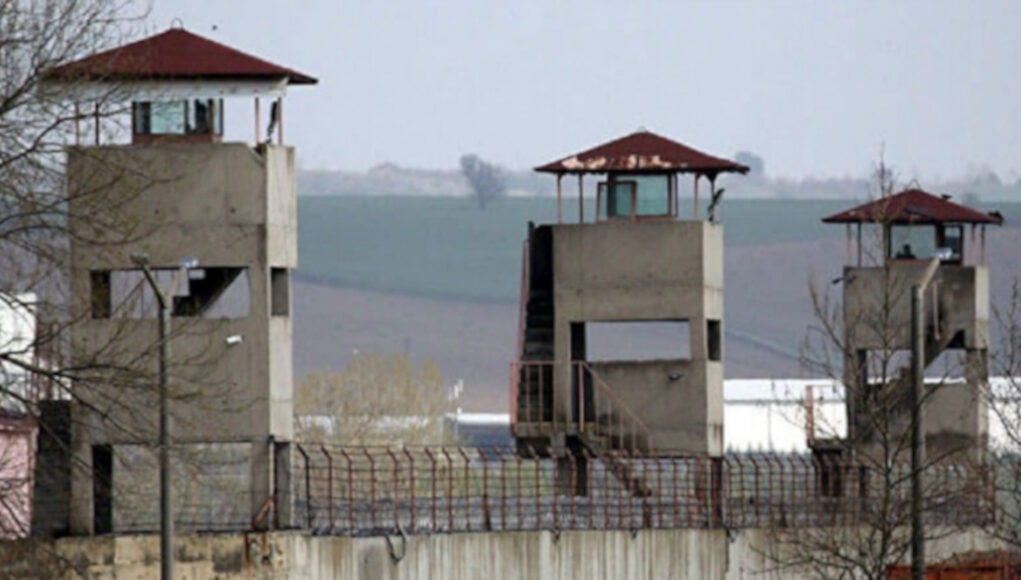The personal notes kept by Bazo Yılmaz, 67, who died in prison in Turkey’s eastern Şanlıurfa province on August 18, have shed light on the neglect and mistreatment he experienced in prison before his death, the Stockholm Center for Freedom reported, citing the Mezopotamya news agency.
Yılmaz was taken to the Council of Forensic Medicine (ATK) on February 8, 2021, due to his worsening health. Yılmaz’s personal notes revealed that he was not given food during the four-day drive from Şanlıurfa to İstanbul because he “did not have any cash” on him.
“There was a lunch break on the first day. The guards opened the door and asked me if I had any money. I said no because prisoners can’t carry cash. Then one guard told me if I had no money I could not have any food,” he wrote.
A year after the incident, Yılmaz told family members that it had been an arduous trip for him and that he had suffered from hunger.
Yılmaz, the former mayor of Yukarı Göklü in Şanlıurfa’s Halfeti district, was detained along with 284 people on December 12, 2016 due to an investigation into the Democratic Society Congress (DTK). He was detained in a filthy sports hall for 25 days, which aggravated his multiple health problems.
Yılmaz suffered from chronic obstructive pulmonary disease (COPD) and asthma at the time of his arrest. He was sentenced to nine years in prison for membership in the outlawed Kurdistan Workers’ Party (PKK) in 2018.
Despite his multiple health problems the ATK decided Yılmaz was healthy enough to stay in prison. The details of his medical report were not shared with his lawyers or family. His lawyers appealed the ATK’s decision at the Turkish Constitutional Court; however, the appeal was unanimously rejected since the court decided he was fit to remain in prison.
Yılmaz was taken to Şanlıurfa Mehmet Akif İnan Hospital on August 13, 2022 after his health deteriorated in prison and his lawyers requested a referral to the ATK once again. The ATK accepted their request but did not disclose when Yılmaz would be examined for “security” reasons.
Yılmaz died five days later, and his lawyers claimed he was handcuffed on a stretcher before his death.
Turkish authorities have denied political prisoners, even those with critical illnesses, release from prison so they can at least seek proper treatment. Human rights activists and opposition politicians have frequently criticized authorities for not releasing critically ill prisoners.
Lawmaker Ömer Faruk Gergerlioğlu said ill prisoners were not released until they were at the point of no return. He claimed that prisoners did not have access to proper healthcare facilities such as hospitals and clinics.
Republican People’s Party (CHP) Istanbul lawmaker Sezgin Tanrıkulu also recently stated that there were close to 1,600 sick prisoners in Turkey, of whom 600 were seriously ill. He addressed the ATK and asked them to follow the ethical rules of medicine and be more conscientious when issuing reports as it could cause the death of ailing inmates.
*



